SUMMARY
This is AI generated summarization, which may have errors. For context, always refer to the full article.
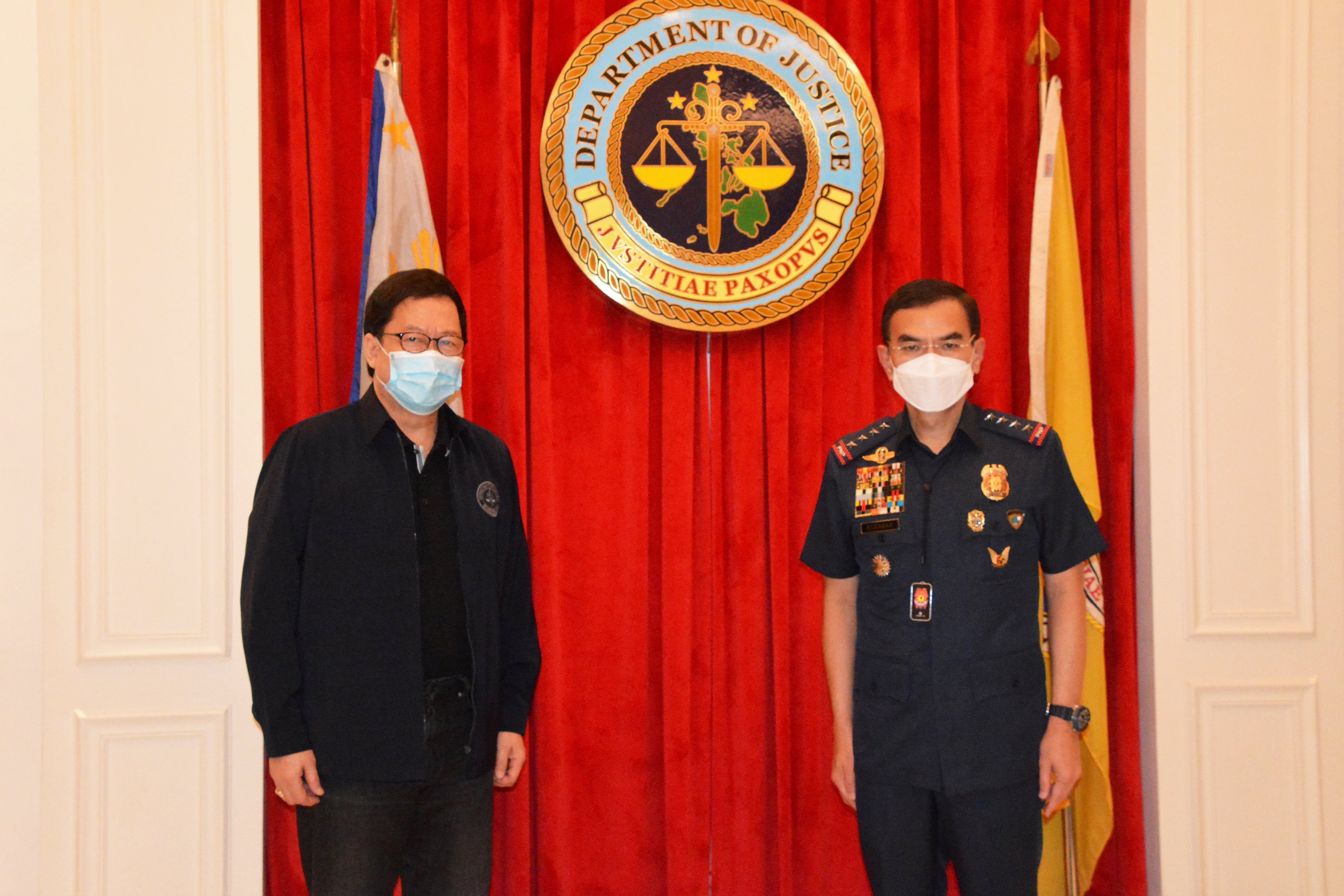
The Commission on Human Rights (CHR), long eager to deep dive into the details of the government’s drug war campaign, found itself still in the sidelines despite a sudden turnaround by the Philippine National Police (PNP).
The PNP has dropped the reticence it has maintained since the start if its anti-drug operations in 2016, granting the Department of Justice (DOJ) full access to the records of the 7,884 deaths during that period.
But only to the DOJ.
Justice Secretary Menardo Guevarra said Wednesday, May 26, that giving equal access of those files to the CHR is a “matter for further discussion.”
“The DOJ has its own separate agreement with the CHR. Besides, the CHR’s involvement may be in some other form, such as in locating and assisting witnesses,” Guevarra told reporters.
Engaging the CHR was part of Guevarra’s promise to the United Nations Human Rights Council (HRC) when he committed the unprecedented drug war review in June 2020.
“I intend to honor the DOJ’s commitment to engage the CHR in this endeavor,” said Guevarra.
But even as head of the review panel he could not guarantee that the CHR would have access to crucial records, something they rights agency has long asked and wanted from the PNP.
“I can’t answer for the PNP,” said Guevarra. Rappler has asked PNP chief General Guillermo Eleazar but he has yet to respond.
“With this new pronouncement, we equally hope that the PNP ensures cooperation without reservation in the investigations and sharing of relevant case files with the CHR for our own independent probe,” said CHR spokesperson Jacqueline De Guia.
Able and willing
Guevarra told reporters Monday that in a meeting on May 21, Eleazar agreed to open case records, but only of 61 cases “where here the PNP Internal Affairs Service (IAS) had found administrative/criminal liability on the part of law enforcement agents.”
On ANC’s program Rundown Wednesday morning, Eleazar said the access is to the records of all the 7,884 deaths. “As long as the DOJ requested for the availability of this, we will provide them with this information,” he said.
This was apparently not clear to Guevarra during their May 21 meeting.
“The 61 cases where liability was established by the PNP IAS came from the more than 6,000 cases reviewed by the IAS. We thus presume that the rest were dismissed,” Guevarra clarified Wednesday afternoon.
“If the PNP chief has said that the review panel may also review these other cases, we will be very happy to do so, as this is what we had wanted in the first place,” added Guevarra.
Guevarra earlier called this a “significant milestone” that “did not happen in previous years, thereby making our review rather difficult.” The justice secretary attributed it to “political will to do what is right.”
Eleazar had just been appointed as PNP chief.
That it had to take a new PNP chief to open the drug war files, and that it happened only after the DOJ already submitted the partial report of its review, on the 5th year of President Rodrigo Duterte’s bloody war on drugs, is slammed by human rights groups as a very slow pace.
The International Criminal Court (ICC) is set to announce by June whether it will open the more formal phase of investigation into the drug war killings, where summons and warrants can be issued. The ICC will do that if it proves that there was no willingness and ability on the part of the Philippine government to investigate by itself.
At the UN HRC, Guevarra said the “unhampered functioning” of the CHR “underpins our strong position against calls for an independent investigative mechanism including the one made before the ICC from which we have withdrawn.”
But even if Guevarra and Eleazar make progress by themselves, do they represent the willingness and ability of the entire Philippine government?
“You should probably address that general question to [Secretary Harry Roque] as [Malacañang] spokesperson,” said Guevarra. Rappler had also reached out to Roque and would update this story once he responds.
“As far as the DOJ is concerned, this review panel came to light only last year. We did what could be done given the pandemic and resource constraints. We came up with a partial report early this year. And we intend to pursue the review in the remaining months of the year, especially considering the active collaboration that we are presently having with the PNP and the CHR,” said Guevarra.
The Philippine government has known since 2018 that there were 5,000 people killed in legitimate police operations. But it only created the panel in June, as part of a list of DOJ-led projects that led to the UN HRC deciding to shield the Duterte from tighter scrutiny.

Access to an independent body
Edre Olalia, president of the National Union of Peoples’ Lawyers (NUPL) and among the groups who sent communications to the ICC, said Wednesday that “the best thing to do” is grant access to an independent body.
“The best thing to do is to completely and totally open any and all files, documents, records, and uncontaminated evidence to an impartial scrutiny by an independent body, with no other purpose but to arrive at the truth in all its gory,” said Olalia.
The Supreme Court petitions have been stalled for more than 4 years because of rubbish files submitted by the police through the Office of the Solicitor General (OSG).
“Unless the PNP now recognizes there is (something) fundamentally wrong with the drug war campaign..there are lingering doubts the PNP can do something impactful under the present political climate in ensuring legal accountability for abuses,” said Olalia.
“This is a gesture of openness and cooperation from the PNP necessary in pursuing justice and accountability for the violations committed,” said De Guia.
Eleazar will retire in November. – With reports from Jodesz Gavilan/Rappler.com
Add a comment
How does this make you feel?
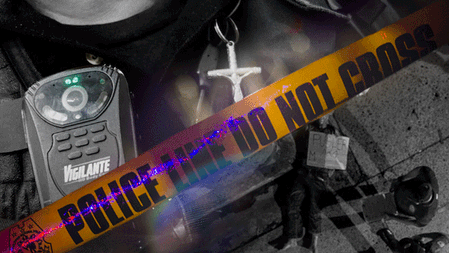

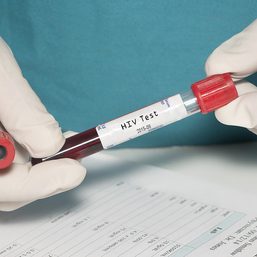
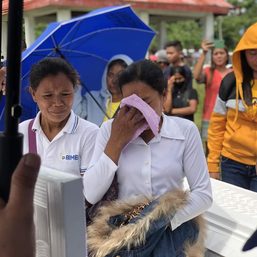

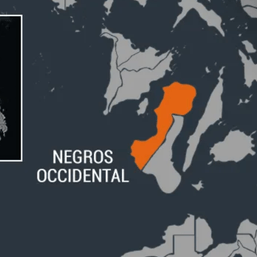
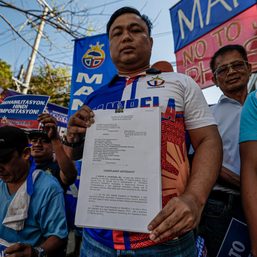
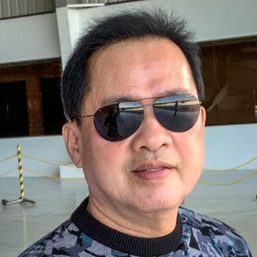
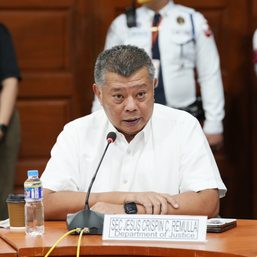
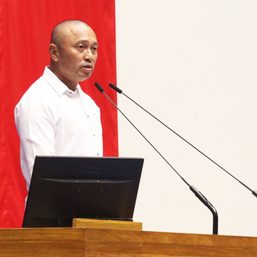
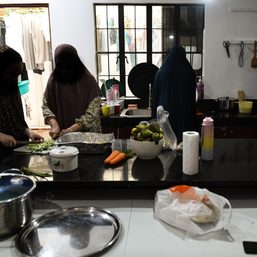
There are no comments yet. Add your comment to start the conversation.